The Dubai Future Council has launched the Dubai Blockchain Policy during the recently concluded 9th Smart City Expo World Congress, which was held in Barcelona. The initiative aims to push Dubai as one of the leading nations in blockchain technology, an emerging innovation that’s being mass adopted by several governments across the globe.
Founded by the Dubai Future Foundation (DFF), the policy will be overseeing blockchain development and application in the next 50 years, governing solutions that will eventually be applied to various sectors. The council revealed that the policy will be divided into three categories:
- Foundational Capabilities – will be dealing with technological services, shared network services, architecture and standards, and legal backing.
- Network Governance – will oversee funding, network expansion, network ownership and membership, and intellectual property.
- Network Operation – will encompass everything that deals with data, security, interoperability, compliance, communication, and adoption.
Blockchain creating value for the future
Her Excellency Dr. Bint Butti Bin Bishr praised Crown Prince H.H. Sheikh Mohammed bin Rashid Al Maktoum for spearheading this technological evolution that will greatly impact the experience of both residents and tourists alike. She also highlighted blockchain’s importance in this transformation and how its emergence has created value for the future.
“Blockchain is undoubtedly one of the most prominent and promising of these breakthrough technologies. With that in mind, the Dubai Future Council for Blockchain sought to develop a policy to support government entities and private companies to implement the technology and form value-creating Blockchain networks,” Aisha said.
Lack of regulatory framework
As mentioned earlier, Dubai is but one of several countries that are adopting blockchain technology at an accelerated pace in a bid to be the first nation to truly implement it in all sectors. Turkey, China, Azerbaijan; the European Union, U.K, and the U.S. numbers among those that are included in this race.
Despite these power players joining the movement, however, there’s still no clear regulatory framework that governs blockchain. This isn’t surprising since apart from being a relatively nascent innovation, blockchain is quite a complicated subject to grasp. Indeed, politicians in the U.S. have been finding difficulty understanding the technology as has been observed by Democratic 2020 U.S. presidential candidate Andrew Yang, Cointelegraph reported.









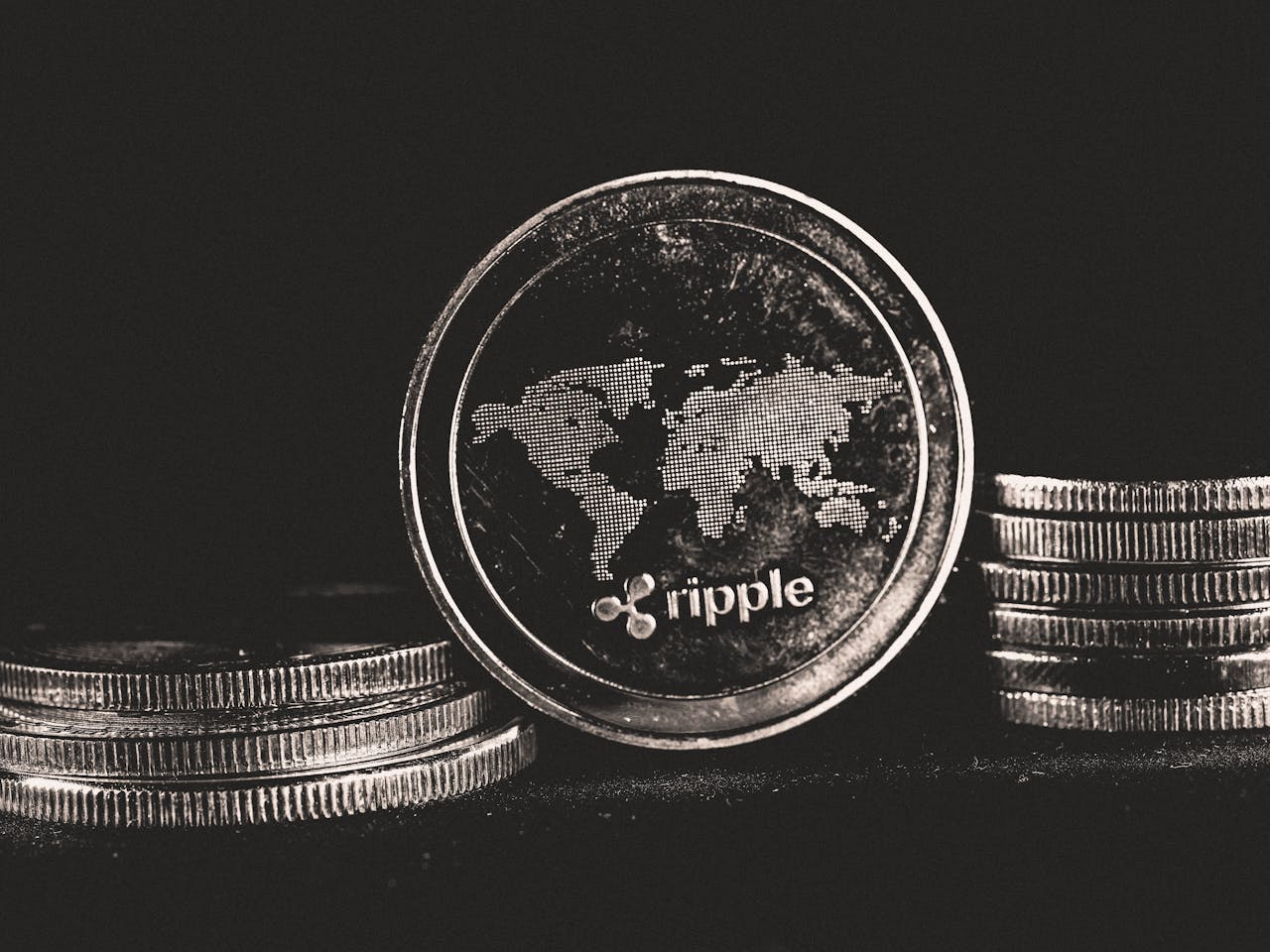


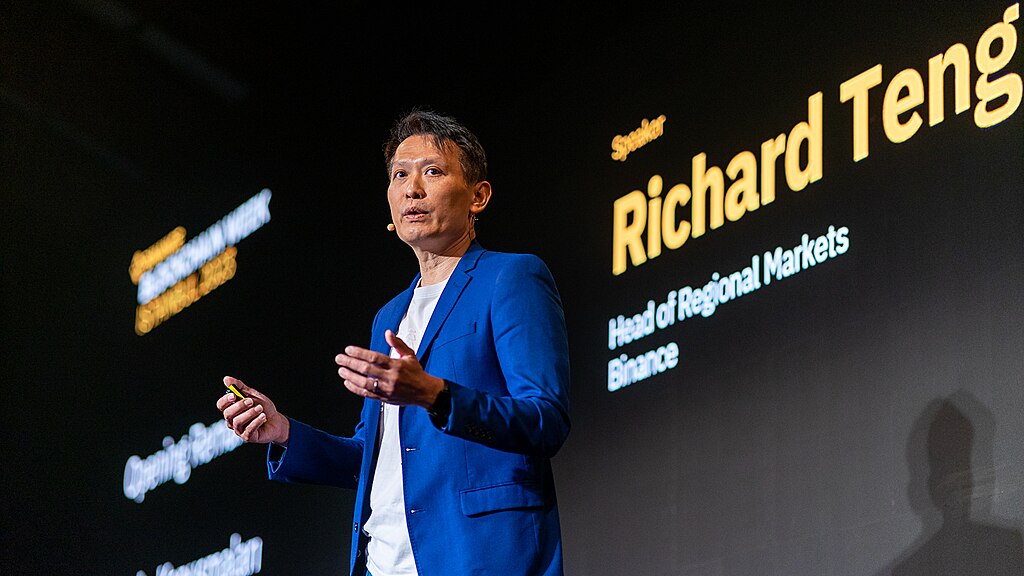



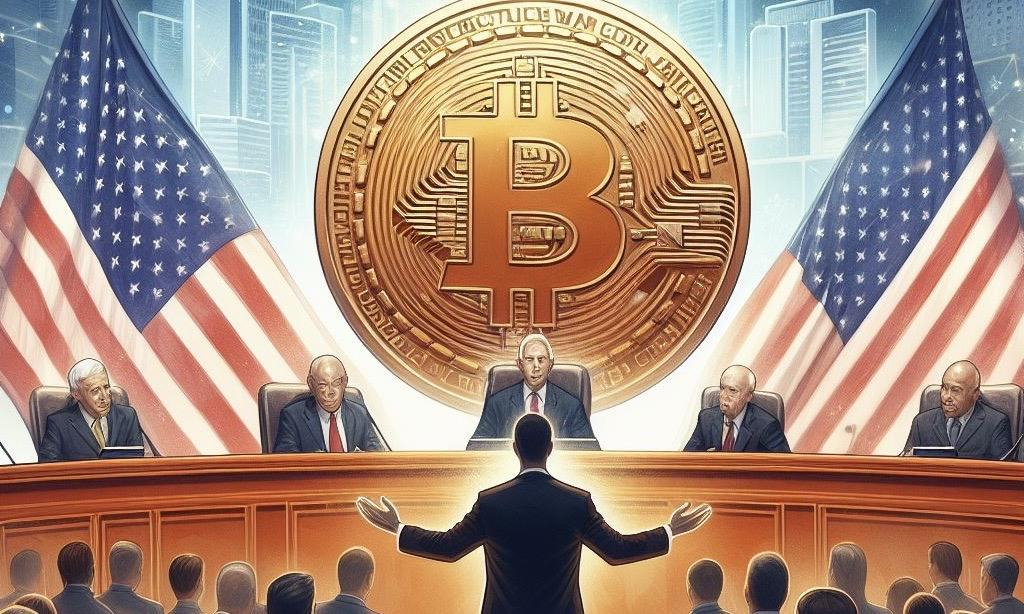



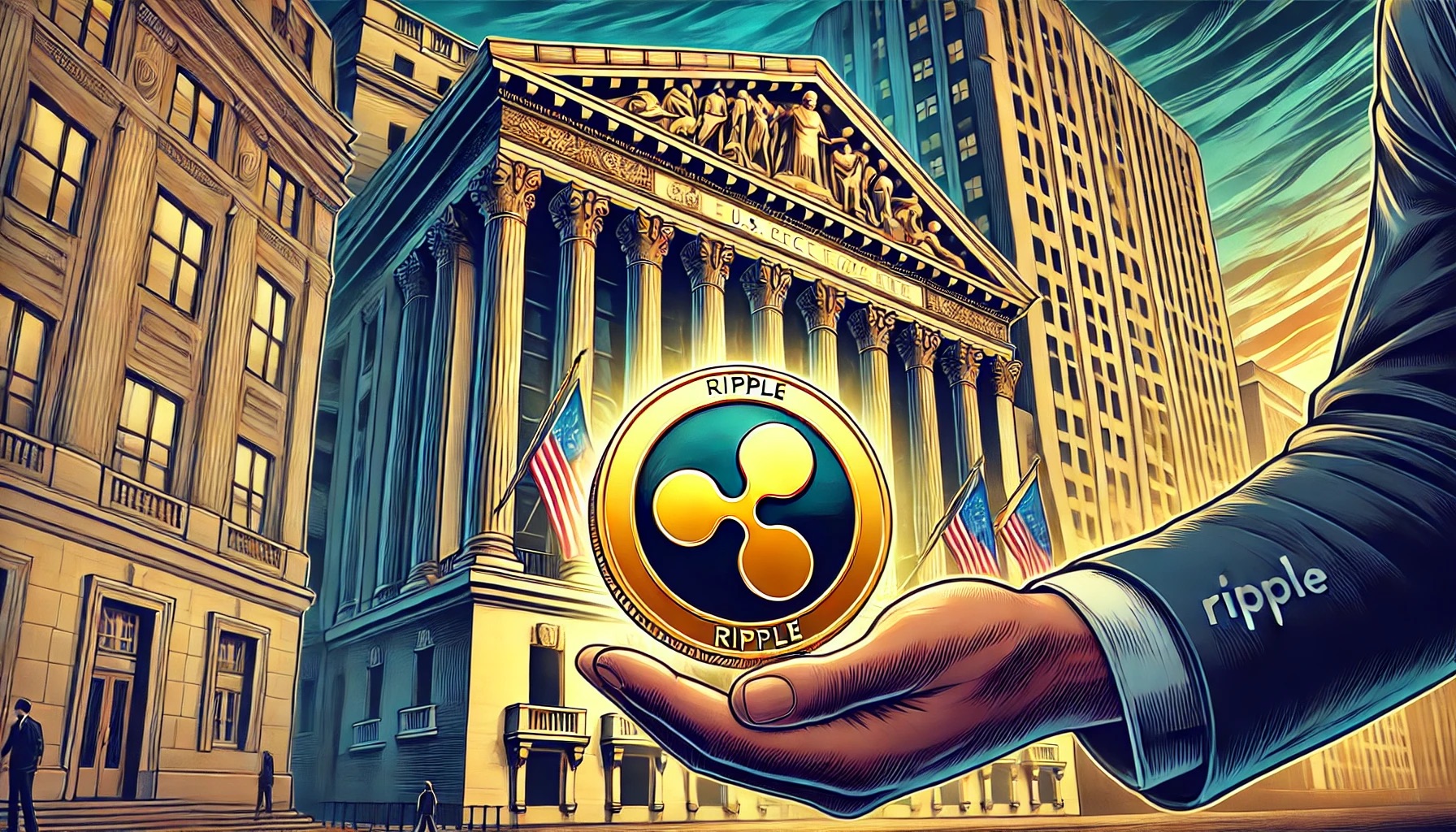
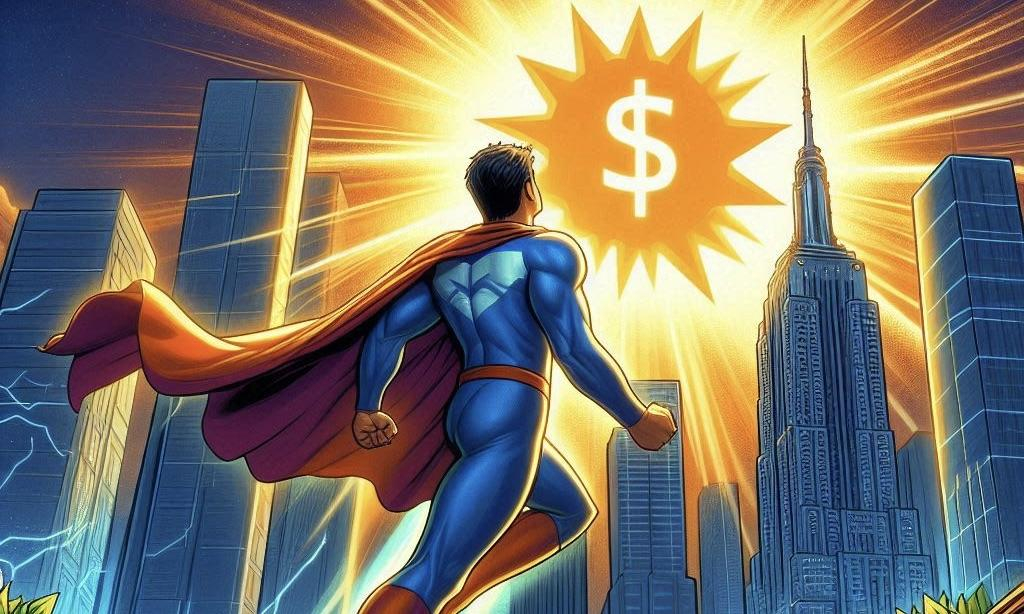
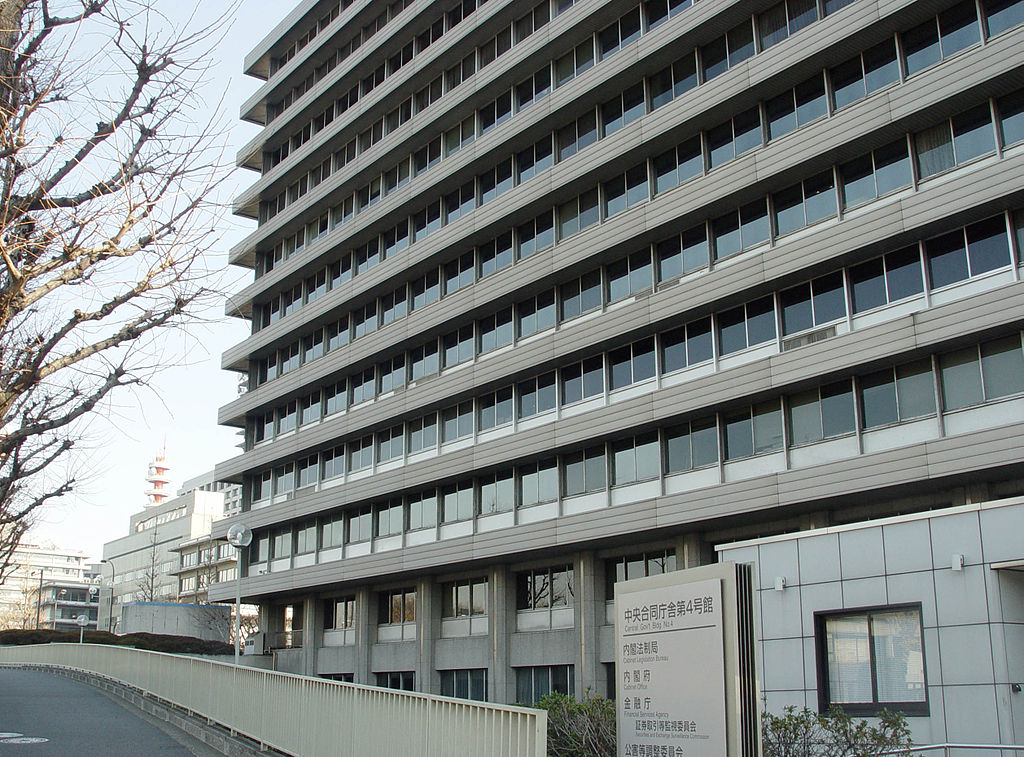


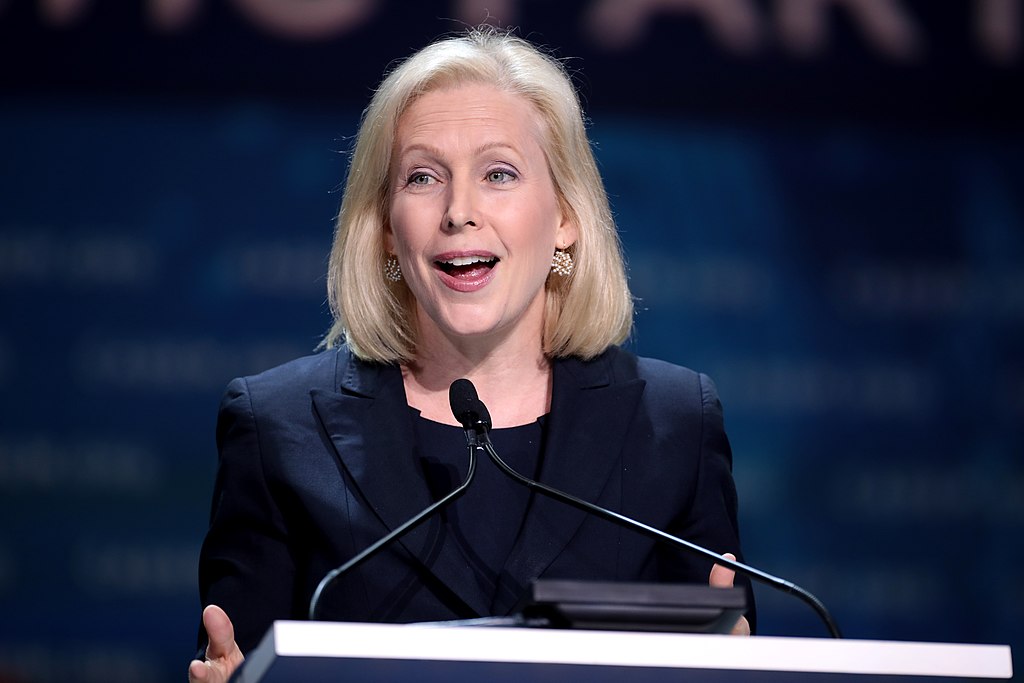

Comment 0